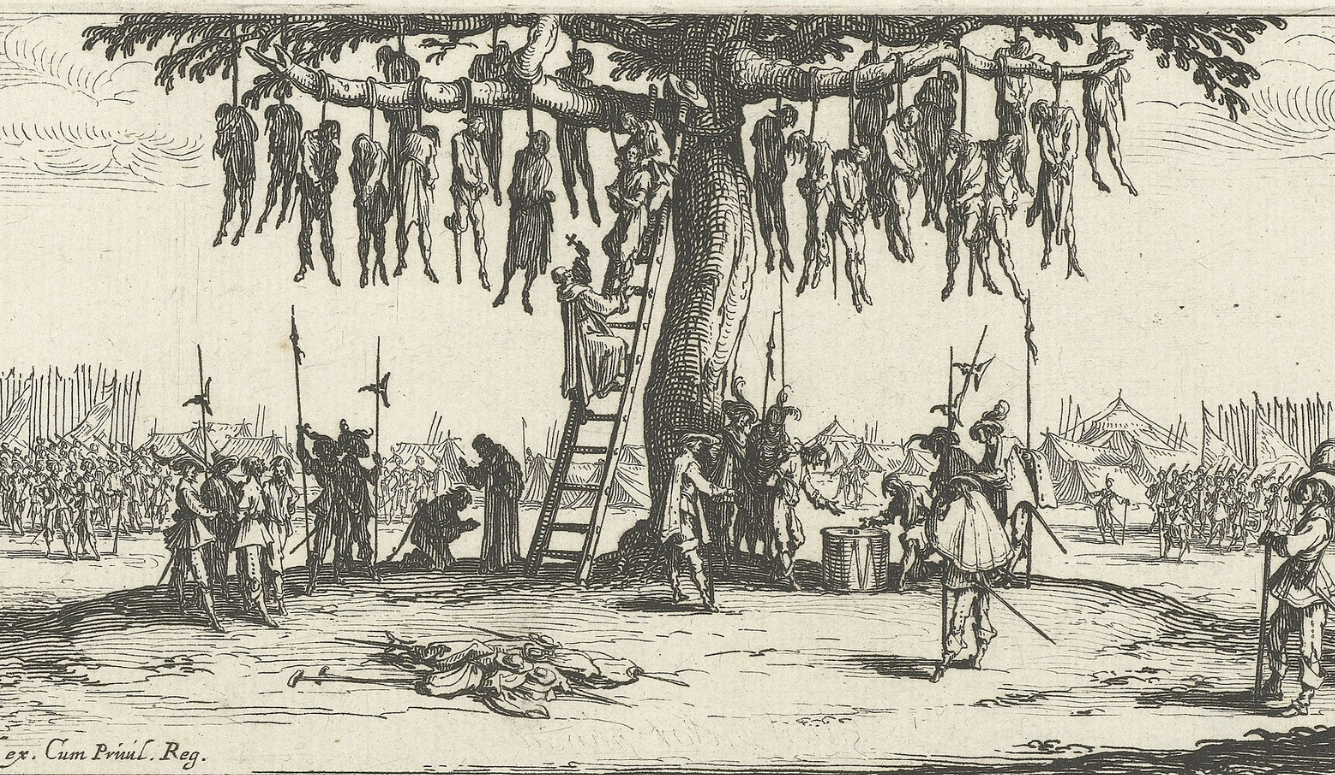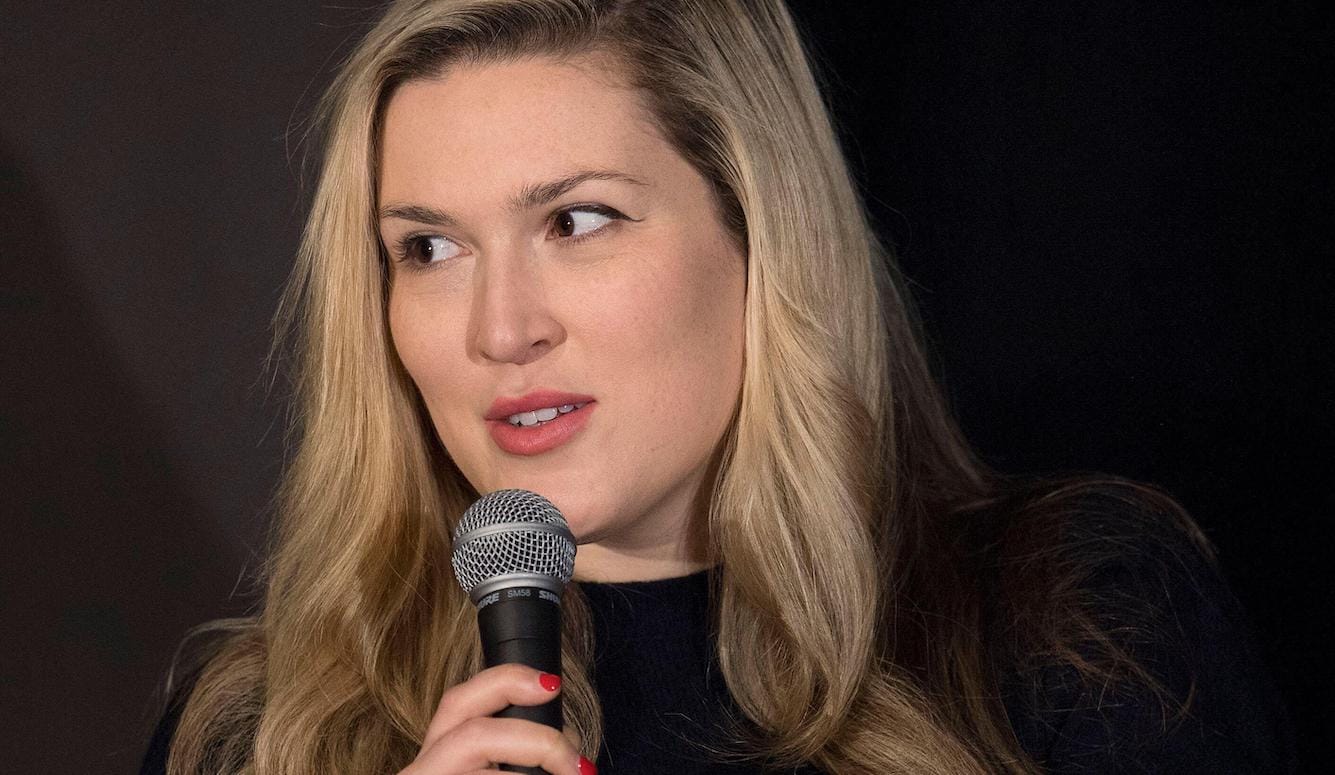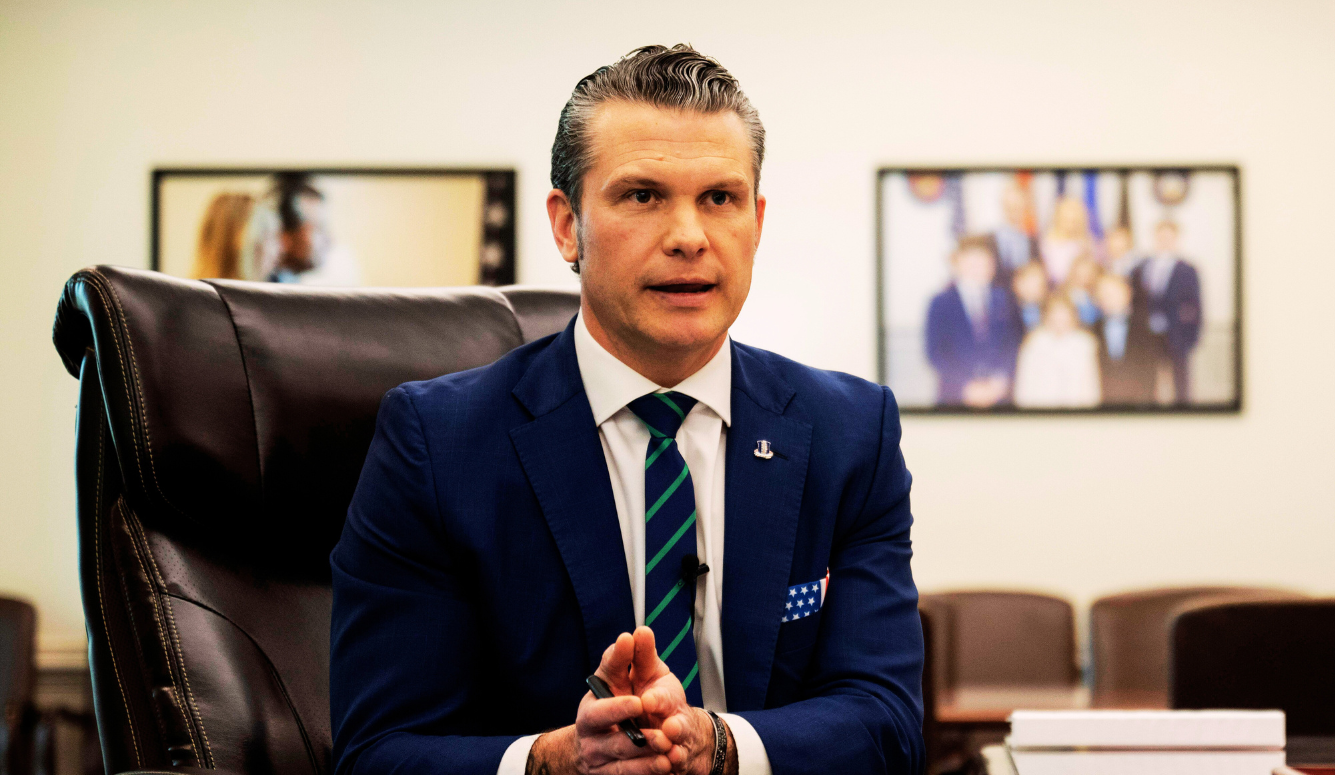Education
Sociology's Stagnation
The curricula of sociology departments are so deeply flawed that they will need to be revised from the ground up.

Emile Durkheim is the father of modern sociology; he is a titan. Over a century ago the great man issued an edict that would forever alter — or you could say, forever derail — the course of the discipline that he established. His proclamation, paraphrased loosely, was that any social occurrence was a product of other social occurrences that came before it. Society and culture were “prime movers”, an ultimate cause of things in the world that, for its own part, had no cause. Social facts orbited in their own solar system, untethered from the psychology and biology of individual humans. It’s almost as if this idea originated from a burning bush, high on some ancient mountain, as it would to this day steer the direction of much social science thought. Durkheim’s insight would be a hall pass for social scientists to spend decades ignoring certain uncomfortable realities. Let me try and give you an idea of just how fetid the waters really are.
In 1990 (over two decades ago) the sociologist Pierre van den Berghe wrote an article entitled Why Most Sociologists Don’t (and Won’t) Think Evolutionarily. I had to read this article as a graduate student in 2007. For context, that means that when my eyes first scanned the pages the essay was already 17 years old. I remember being struck by the venom that dripped off the page. The author seemed angry, he seemed frustrated. He railed against so many things, but his ire was focused particularly in the traditional sociological way of doing business:
Sociologists, on the other hand, deal mostly with abstract categories like classes and ethnic groups; engage in statistical massage of aggregated data; do secondary analysis of public opinion surveys; speculate about the impact of religious beliefs and political ideologies; project, manipulate, and interpret statistical trends; and generally pontificate about the state of society. They do not watch people being bumped over the head; they feed the FBI’s Uniform Crime Reports to their computers. They do not observe women having babies; they speculate about fluctuations in birth rates provided by the Bureau of the Census. They do not attend political conventions and follow people into polling stations; they read public opinion surveys.
Mind you, I’m guilty of all of the sins described by van den Berghe. I’m a product of the system that he is eviscerating. This is not my attempt to sit in the stands and jeer the coaches’ play calling from a distance. Rather, this is an attempt to change the game plan from inside the locker room. Yet, I never took van den Berghe to mean that we should abandon statistical rigor. Indeed, he makes the rather intriguing — and often overlooked — point that most of the statistics used by sociologists were invented by biologically inclined statisticians to understand the nature and development of biological organisms. In fact, he was advocating that we remember our heritage and embrace the idea that we could be plying our trade much more effectively.

I come from a small, rural farming town. To hear any particular conversation around the town square would be to observe speculation about when it might rain again, whether the football team might beat Baker High (a rival of ours) this week, and what time the local political rally and fish fry would start on Saturday. My early exposure to sociological theory in college was an intellectual assault. I was confronted with words I had never seen, ideas I had never entertained, and concepts that were foreign and abstruse. This is what college, in many ways, is all about. However, an onslaught of complexity can sometimes mask a hollowness behind the curtain. Van den Berghe perceived this very problem woven into the fabric of sociology:
It follows from this attitude that any simple, straightforward theory is received with great suspicion. Things cannot be that simple, and neither can theories. Not that sociological theories (or what passes as such) are always very complex, but at least they are presented in an arcane, convoluted, and turgid way. What a theory lacks in complexity is amply made up by opaque jargon, clumsy syntax, and faulty logic. When physicists are confronted with a simplifying, unifying concept that seems to work, they get a psychic high. They equate simplicity with beauty. For the sociologist, on the other hand, simplicity equals simple-mindedness.
Five dollar words, as we refer to them from my hometown, can mask a pennies’ worth of insight. Is human behavior complex? Yes. Nonetheless, matching that complexity with multi-syllabic linguistic inventions may not guarantee us success in the endeavor of explaining why people do what they do, and why societies are the way that they are. It might feel good, and it might keep us employed, but will it amount to much in the end?
I remember being shocked to read an academic paper as angry as van den Berghe’s paper. Most scholarly essays were so…scholarly. Not that van den Berghe was really breaching the rules for scholarly etiquette, but he sure wasn’t pulling any punches. He concluded his essay with one of the most memorable paragraphs from my academic training. A slap across the cheek of decades of sociological insight and the cornucopia of social theory being taught to students like me:
Such a theoretical potpourri is premised on the belief that, in the absence of a powerful simplifying idea, all ideas are potentially good, especially if they are turgidly presented, logically opaque, and empirically irrefutable. This sorry state of theoretical affairs in sociology is probably the clearest evidence of the discipline’s intellectual bankruptcy. But let my colleagues rest assured: intellectual bankruptcy never spelled the doom of an academic discipline. Those within it are professionally deformed not to recognise it, and those outside of it could not care less. Sociology is safe for at least a few more decades.
Intellectually bankrupt? Those are strong words. Can a field survive like this? It can, and it has. Hundreds of new sociology PhDs are minted every year across the country (not to mention the undergraduate and graduate degrees that are conferred as well). How many students were taught that human beings evolved about around 150,000 years ago in Africa? How many know what a gene is? How many can describe Mendel’s laws, or sexual selection? The answer is very few. And, what is worse, many sociologists do not think this ignorance matters.
In the minds of many sociologists, it is a great sin to “biologize” human affairs. How disgraceful to relegate the complexity and richness of human culture to the grimy bin of biology. Yet, it is somewhat unfair to say that sociologists have a “biology problem.” If we dig a little bit deeper, the heart of the matter is not so much a disgust with hormones or physiology; the real nausea-inducing prospect involves a discussion of “genes.” The richness of human society is replete with cultural inventions; songs, plays, religious practices, and other traditions that are passed on and amended culturally. How could bits of DNA play much, or any, role in shaping societies, their politics, their religions, and their traditions? It is true, of course, that societies can morph and change over time for reasons not connected to genes. And those fluctuations in fashion, ideas, and beliefs can impact the individuals living within those societies. I don’t dispute that.
Yet, what has been lost in the sea of time — to sociologists in particular, it seems — is that societies are comprised of individuals, all of whom bring with them psychological qualities and dispositions. Moreover, a large fraction of the differences in these dispositions is explained by differences in genes. We have decades of evidence regarding the heritability of human traits. I’ve written about this before, so I won’t belabor the point. However, it is worth reiterating that the assumption of “culture” or “society” existing as uncaused causes is untenable. It is, in fact, no different from a religion at its core. You could insert “god” for “culture” and you’re just replacing one uncaused cause with another.

There is an old saying that if the only tool you have is a hammer, then everything is going to look like a nail. Not every social phenomenon calls for a purely biological/genetic explanation; but if you think that a working knowledge of evolution, biology, and behavioral genetics won’t help to clarify every topic that sociologists study then you need to yank your head out of the sand. This is, in fact, the entire point of the essay. It makes zero sense to exempt sociology majors (and criminology, and economics, and social work, etc.) from a working knowledge of genetics and evolution, and presume that they can be good behavioral scientists without this information. Unfortunately, there is an inertia at work in all of this that is deeply resistant to change. Faculty produce other faculty, who then teach undergraduates, who either head out into the world or enter graduate school for more brainwashing, schooling.
The curricula of sociology departments are so deeply flawed that they will need to be revised from the ground up. For the field to prosper, it will have to find its place in the pantheon of natural sciences. It will have to view itself as an outgrowth of biology; as an extension of psychology. Let me be clear, there are many scientific contributions that sociology has made in the last 40 years. But the discipline could make many more and have a unifying theory if it would only embrace the major tenets of Darwinism. Six years after van den Berghe published his piece, the criminologist Lee Ellis tried to again sound the alarm bells in an essay entitled A Discipline in Peril: Sociology’s Future Hinges on Curing its Bio-Phobia. Had things improved in six years? To some extent, yes they had. As Ellis noted, some sociologists were spending increasing amounts of time integrating biology into their work. Yet, because of their heresy it often meant publishing their papers outside of their field. Is that really a way to change a discipline? Fear of biology was still spreading like a virus, though perhaps at a slower rate.

Tides turn slowly in academia. At times, there will be whiffs of improvement. Dalton Conley is one very good example of someone trying the change the field from the inside. Conley has written widely on the importance of integrating sociological and biological knowledge, and he remains a highly respected figure in the field. Yet, he is the exception that proves the rule. Assuming the majority of sociologists take up Conley’s mantle, the field will quickly and inevitably morph into something unrecognizable to today’s consumers of traditional sociology. Boundaries will blur between sociology, population genetics, psychology, epidemiology, and evolutionary biology. The field will have to relinquish some of its autonomy, but it will do so to its everlasting benefit.
We should try and appreciate why fields like psychology have integrated biology so much more quickly, and so much more completely, than others like sociology. In large part, sociology maintains certain “sacred values” — beliefs that cannot be challenged and lines that must not be crossed — that make integration very difficult. The history of scientific inquiry is one of violence done to human intuition. Sometimes that has meant trading in our sacred ideas when presented with new information. Sociology seems loath to do this. Consider the rather charged prose of van den Berghe again:
By assessing that Homo sapiens is absolutely unique and positively radiating emergent properties, social scientists can claim a turf permanently beyond the purview of biology. By further claiming that society and culture are realities that transcend the individual, sociology and anthropology have respectively created their special impregnable turf vis-à-vis psychology. The artificial distinction between sociology and anthropology also had to be rationalized better than by admitting that sociology was the study of “civilized” white folks and anthropology that of dark “primitive” colonials. Society was declared irreducibly different from culture; sociologists took the former, anthropologists the latter. Evolutionary biology extended to human behavior constitutes the most serious challenge to their intellectual turf that sociologists have had to face since behaviorism. No wonder they raise their antireductionist hackles.
All fields seek to maintain boundaries. But these are illusory walls, not impregnable fortresses. Sociology can be a powerful explanatory science. It can be the science of “us” as human beings living in large collective groups, states, societies, and civilizations. But it will never be that unless it reverses course. I fear, however, that it may be too late for that. The momentum of large objects is hard to shift, and sociology is a hulking beast.

In 2001, Douglas Massey — then president of The American Sociological Association — suggested something rather stunning during his presidential address to the field. In contemplating whether his field was well positioned to describe important demographic shifts in our species (in particular, a transition en masse to city dwelling). He was less than optimistic. The reason for his pessimism? Among other things, an ignorance of biology:
Somehow we have allowed the fact that we are social beings to obscure the biological foundations upon which our behavior ultimately rests. Most sociologists are woefully ignorant of even the most elementary precepts of biological science. If we think about biology at all, it is usually in terms of discredited eugenic arguments and crude evolutionary theorizing long since discarded in the natural sciences.
In 2014, Mark Horowitz, William Yaworsky, and Kenneth Kickham conducted a survey of sociological theorists actively working in Sociology. The survey was intended to take the temperature of the discipline and it’s theoretical thinkers. Consider the following from the discussion of their findings:
Sociology is a house divided. Just over half the theorists in our sample deny the role of natural selection in shaping a range of human tendencies. Many more are unwilling to acknowledge the plausibility of evolutionary arguments applied to sex differences.
Horowitz and colleagues rightly point out that the field has experienced some encouraging shifts; certainly, not all respondents were hostile to biological insight, and some were hopeful about how such insight might improve the state of their field. How representative are these findings of all professional sociologists? That’s tricky to say, given the sample was relatively small, and the response rate wasn’t stellar (both are technical issues that the authors readily acknowledge and discuss). The extent to which these findings might change with a larger, more representative sample remains to be seen (although one could argue that the picture could look even more bleak).
I want you to consider something now, based on the Horowitz survey: What would your reaction be if over half of survey respondents in biology departments felt that natural selection was unimportant, or played only a minor role, in shaping their particular organism of study? We would rightly wonder, who are these creationists populating our university biology departments? Human beings are animals subject to, and products of, precisely the same natural processes as other life forms. Why is it that, in the study human animals alone, we demote the importance of biological knowledge?
Can anyone formulate a good reason why this self-imposed knowledge vacuum has persisted for so long?
The aroma of sociology is one that has grown stale, it is one that lacks pungency, and one that is increasingly failing to excite the appetite. That could change, but it’s a bit like turning an ocean liner; it won’t be done swiftly. Moreover, desire to help turn the wheel can wear thin if it is always met with stern rebuke from the captains of the field. Time will tell what becomes of sociology. My hunch is that van den Berghe is right, though, and the field will continue to exist (it shows no sign of vanishing). But existing is not the same as thriving. Thriving, it seems, may no longer be in the cards for sociology.





